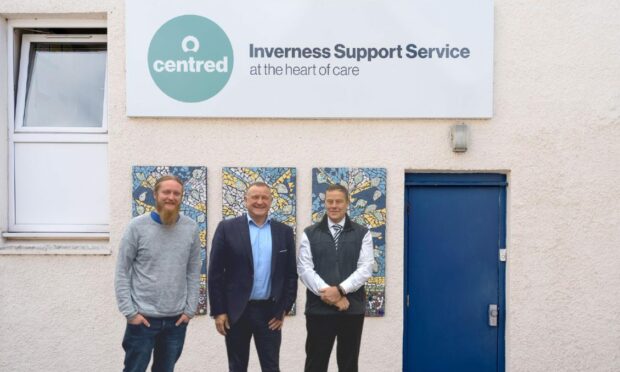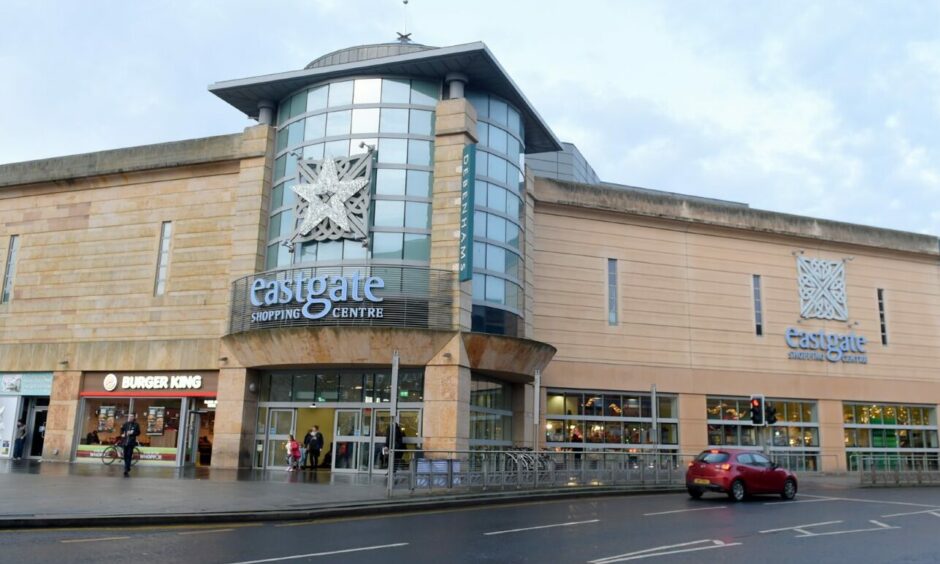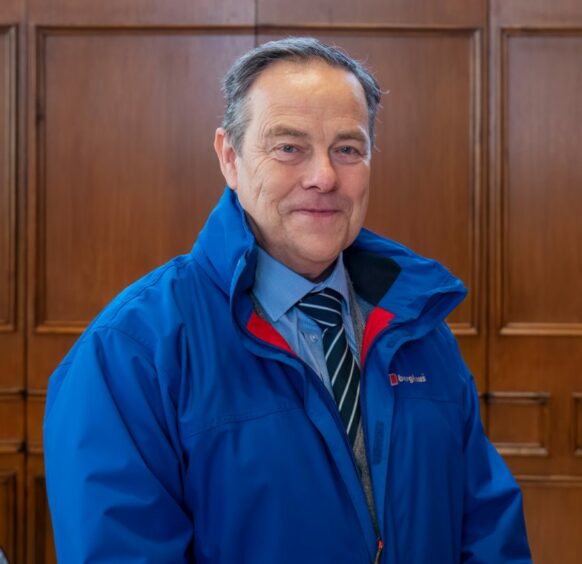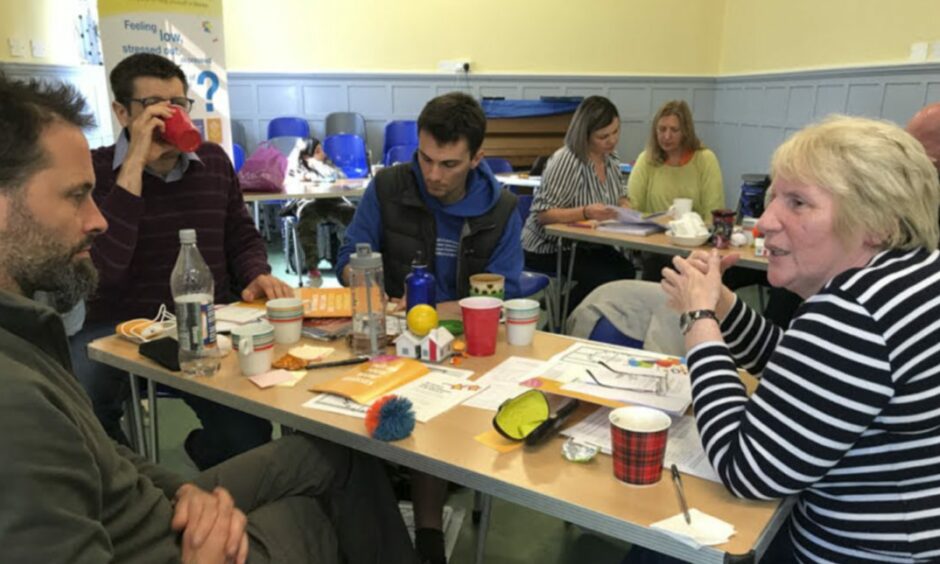Plans to create a new physical landscape for Inverness will also find space to improve mental health.
A series of projects are in the pipeline by 2035 as part of an ambitious city vision.
But amid the transport, housing, retail and tourism infrastructure there are also plans to help people’s wellbeing.
As part of the regeneration a Discovery College is being established in Inverness city centre to tackle challenges including supporting mental health service provision.
Eastgate a probable location for college
It is hoped an online project could be running by Christmas with a purpose-built centre following in the New Year.
The college is working with the Eastgate Centre and has identified a probable venue there.
One of the main drivers is the Highlands having a consistently higher rate of death by suicide than the Scottish average.
Mental health issues have also increased since the pandemic which exacerbated isolation issues.
It is felt having a Discovery College in a quiet safe space in the busy shopping centre could reach more people in need of help.
Discovery Colleges are common in England and in rural Canada. But there are so far only three in Scotland and none in the Highlands.
The Inverness project will act as a walk-in centre for people with mental health and substance use issues.
But it will also provide general health advice to promote wellbeing and practice self-care with the help of specialists and trained peer support workers.
The idea is led by the charity Centred, previously Birchwood Highland, working with HUG and other agencies.
There are plans for a similar venture in Caithness. The Discovery College will eventually operate across multiple hubs in the Highlands.
College is part of Inverness 2035 vision
Centred has been involved in discussions on the Inverness 2035 vision to ensure wellbeing is built into proposals to revitalise the city.
David Brookfield, the charity’s group chief executive, said mental health is a massive issue for the Highlands.
Public Health Scotland figures for 2017-2021 show the region has the highest suicide rate in Scotland, at 21.5 per 100,000, compared to a national average of 14.1.
Earlier this year, NHS Highland’s director for public health called for renewed focus on mental health to help reduce suicide rates.
“It’s something we need to bring to Highland more so than other areas in the UK judging by suicide figures alone”, said David.
“Clearly we have a major problem with mental health in the traditional way people are dealt with through the NHS”.
“That’s not a criticism. But most cases referred to GPs focus on the use of medication rather than the approach we’re taking which is to help people understand their own mental health and do something about it.
“Currently if people go for a mental ill health referral they might wait months to see a specialist. That is not helpful to the public purse or the individuals concerned.
“It might be understandable why they decide to take extreme responses if they are not getting support through the traditional processes and become increasingly frustrated.”
College courses will include yoga and mindfulness, supported by peer workers who have experience of mental health issues or substance abuse.
A relaxation room will be available for people who have just had a hard day at the office and want space to wind down.
Helping to reduce mental health stigma
Mr Brookfield adds: “As part of the Inverness 2035 project, our vision is to have a site in the city centre.
“It will be easily accessible and help to reduce the stigma of mental health as it will be a place for people to go in and out of.
“We want to make this available to everyone if we are talking about Inverness being a forward-looking city with a population healthy in terms of mental health.”
Centred has been working with groups involved in mental health and wants other organisations to join the college project.
“It’s something we need to bring to Highland more so than other areas in UK
David Brookfield
“This is a massive issue we’re dealing with and one organisation can’t deal with it alone.
“We know from connecting with people what they want from a Discovery College is to develop friendships, connection and belonging to a community.
“Having a space to share recovery stories, discuss experiences and seek emotional support are central in cultivating a sense of community.
“Redefining what ‘success’ looks like – that is, not focusing on milestones alone, but rather acknowledging the connections and relationships built – is a core value of the model.”
Examples in Moray and Canada
Moray Wellbeing Hub CIC opened a Wellness College in 2017, based in venues across Moray as well as online.
It started during the Covid pandemic and proved vital over lockdown.
As well as self-management courses, the college runs bespoke sessions for workplaces and professional development including mental health first aid and suicide prevention skills.
The college’s Heidi Tweedie said its impact can be “empowering and transformative.”
“We have folk who have attended sessions then gone on to build careers for themselves, new identities as facilitators and hosts.”
The Canadian Mental Health Association run a Wellness Recovery College in Alberta with in-person and online courses.
Deborah Chenery, executive director of Canadian Mental Health, said: “Peer support programmes offer unique support that truly break down many of the barriers that people experience.”
Sessions are free, individuals don’t need a referral or a mental health diagnosis or addiction to access support.
Deborah said: “Students have told us they appreciate being able to have real people to check in and validate their presence.
“We really rely on the wisdom of the room, focus on strengths (and not problems) and empower other students to feel they have something of value to contribute.”
Are you interested in more exclusive and breaking Highland and Islands news from the P&J? If so, why not join our dedicated Facebook page HERE





Conversation